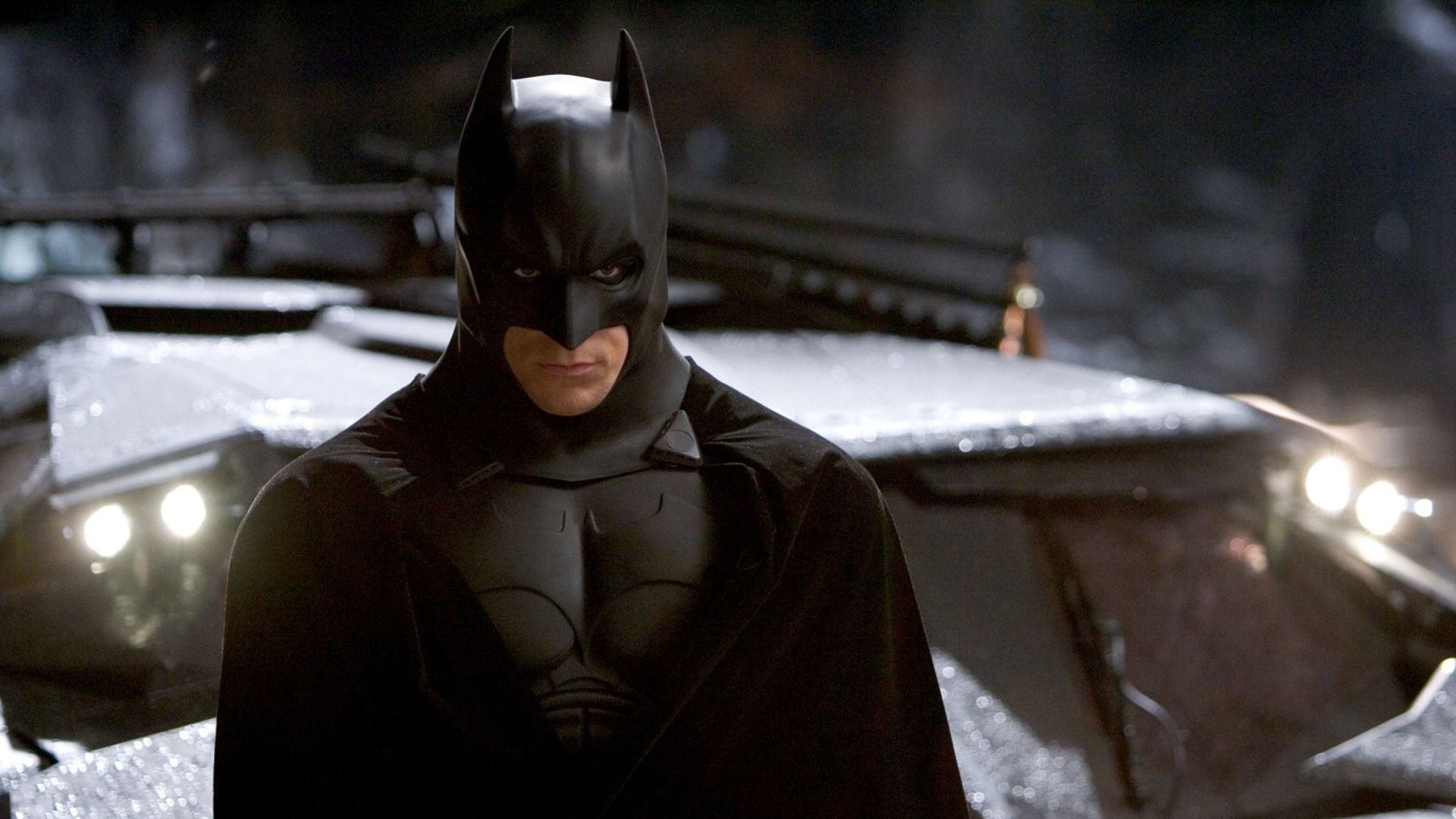In the realm of popular culture, few icons stand as tall as Batman. This legendary character has infiltrated our lives in myriad forms, especially through film. Each cinematic portrayal offers a fresh perspective, revealing how both audiences and studios, like Warner Bros., perceive the Caped Crusader.
Among these adaptations, Batman Begins holds a distinguished place. Released on June 15, 2005, it marked a pivotal return for Batman following the infamous Batman & Robin debacle of 1997. After several attempts by other creatives to reboot the franchise, the task ultimately fell to director Christopher Nolan and writer David S. Goyer, who sought a darker, more grounded approach. Despite their notable previous successes—such as Nolan’s Memento and Goyer’s work on the Blade films—there was significant skepticism surrounding Begins due to the tarnished reputation of its predecessor.
However, Batman Begins defied expectations, garnering praise for its storytelling and cinematography, even earning an Oscar nomination. With a box office haul of $373.3 million (approximately €353 million), it successfully reinvigorated interest in Batman’s cinematic journey. Its sequels, The Dark Knight (2008) and The Dark Knight Rises (2012), escalated both acclaim and earnings, culminating in a trilogy that is frequently hailed as among the best in film history. This trilogy became a benchmark for other franchises; its influence extended to the reboots of James Bond, Star Trek, and Spider-Man. Many filmmakers, including Gareth Edwards with Godzilla and Jon Favreau with Iron Man, cite the Dark Knight trilogy as a source of inspiration.
The success of the Dark Knight series resulted in Warner Bros. collaborating with Nolan for 15 years post-release. He contributed as a producer to several films in the DC Extended Universe, such as Man of Steel—for which he helped develop the story—and Batman v. Superman: Dawn of Justice. Outside superhero fare, WB also distributed Nolan’s original works like Inception, Interstellar, and Dunkirk. Although the partnership soured due to the pandemic and eventual conflicts surrounding Tenet, it still positioned Warner Bros. as a prominent destination for filmmakers until recent corporate changes.
Batman Begins ushered in a era of “dark and gritty” narratives, shaping not just the films but Batman’s representation across media. While the impact this had on television remains a topic of debate—considering the monumental significance of Batman: The Animated Series—its influence is undeniable in comics and video games. The themes embedded in Begins resonated deeply in the Arkham game series and continue to loom large in Matt Reeves’ forthcoming Batman epic, which will reintroduce Robin to the big screen, long overdue in live-action.
User opinions vary regarding Batman’s creative vitality on-screen. Some argue that the focus on realism has led to stagnation, often mirroring styles from Nolan’s era and the animated series. This has led to a perception of overexposure, particularly against the contrasting lightheartedness of Marvel’s cinematic offerings. Yet, these movies significantly contributed to the complex narrative surrounding Batman and the extensive universe he inhabits, fueling ongoing discussions among fans.

Through Batman Begins and its sequels, Nolan and Goyer created a singular vision of Batman—one that they presented and then confidently stepped away from. Their restraint likely contributes to the continued reverence for the trilogy, enabling Batman to remain one of the most celebrated characters in modern storytelling. Will there ever be a time when the world isn’t captivated by him? Probably not.
What impact did Batman Begins have on modern cinema?
Batman Begins revitalized interest in superhero films and set a benchmark for darker, more mature storytelling.
Can we expect more from the Batman franchise in the future?
Yes, upcoming projects like Matt Reeves’ saga and Brave and the Bold promise to expand Batman’s universe.
Is there a way to separate the various cinematic portrayals of Batman?
While each portrayal offers unique aspects, Nolan’s trilogy is often viewed as a distinct and influential take on the character.
How has Batman influenced other media beyond film?
Batman’s themes and narrative complexity have permeated comics, video games, and even television, shaping broader pop culture.
Why do some perceive Batman as overexposed in today’s entertainment landscape?
Batman’s frequent appearances across mediums have led to discussions about creative stagnation, especially in comparison to lighter franchises like Marvel.
As you explore the expansive world of Batman, don’t miss out on other fascinating content. Visit Moyens I/O for more insights into the fantastic realms of entertainment and pop culture.
